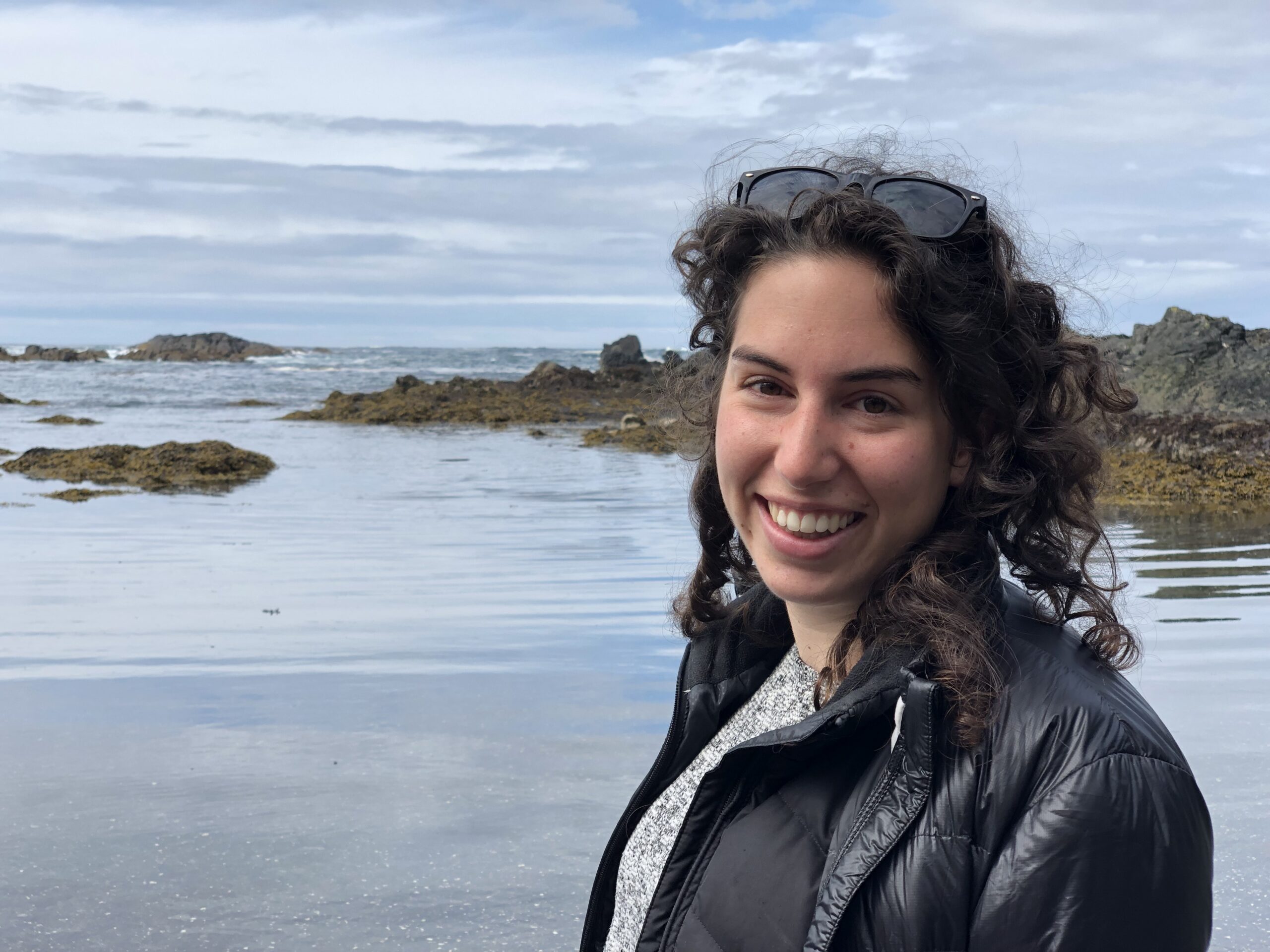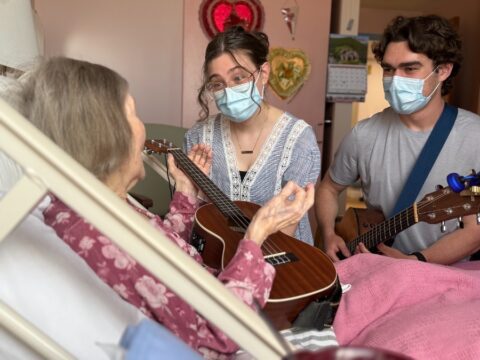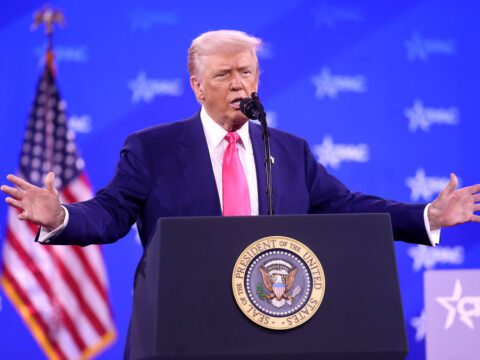When Jessica Steele was 16, she joined the scuba diving club at her Vancouver high school. “I discovered an underwater world that few people get to see — and I fell in love with it,” she says. The experience led to a degree in marine biology and ignited a passion for sharing the wonders and challenges of the ocean with others, especially youth.
Now 26, Steele is co-vice president of the United Nations Association of Canada’s Vancouver Branch, sits on the Anglican Church’s National Youth Council for the Primate’s World Relief and Development Fund and has implemented science education programs in Nuu-chah-nulth First Nations on Vancouver Island. She spoke to Sydney Loney.
Sydney Loney: Last December, you represented KAIROS at the United Nations Framework Convention on Climate Change under the accreditation of The United Church of Canada. What was that like?
Jessica Steele: It was life-changing. I saw the importance of having multi-lateral conversations and people all over the world getting together, but I came away most inspired by what’s happening locally. Part of my work with the UN is about teaching youth that they can make a difference and have an impact in their communities.
SL: Why are young people particularly good at coming up with climate-saving strategies?
JS: Challenges like pollution or plastic in the ocean can seem overwhelming, but kids will put up their hands and offer solutions that seem so simple and make so much sense. It’s humbling — they strip away all the politics and say, “This is what we need to do.” I love that. It pulls me back to what matters.
SL: You’ve spent a lot of time educating kids across the country in the Ocean Wise AquaVan program. What exactly is the AquaVan?
JS: The van has lots of animals, from whales to bison, painted on it — it’s quite flashy. The kids are always pretty sure there are whales inside (there aren’t). But there are mobile aquariums full of sea stars, sea urchins, anemones and crabs that we take to schools and community events. The goal is to teach kids about the ocean, the challenges it faces and what we need to do to protect it.

SL: In the “funny but true” department, what’s one of the most insightful things you’ve heard from kids while on the road?
JS: Oh my gosh, there are so many! One time I took out a crab. It had all its legs, but one little girl, with the brightest smile on her face, exclaimed, ‘Ohhh, it’s an arctic rock!” She was so excited. And it made me think, why aren’t we amazed by everything? Why isn’t the prospect of a rock as exciting as a crab, or even a killer whale? It was good grounding.
SL: What keeps you passionate about teaching kids (and adults) about environmental stewardship?
JS: It’s the little wins, like seeing other young people get excited about it. And the fact there is change happening to help protect the environment. It’s important to acknowledge that and realize there is hope.
SL: Where do we go from here?
JS: First, we need to acknowledge that we’re in a crisis. Then, we need to acknowledge the power of youth. Because they will change the world. They see the future and what needs to be done — and they are going to do it.
SL: How does your faith inform your work?
JS: I was taught to love my neighbour, and this informs my work: we are all connected, every thing and every being. I was also brought up to strive for justice. Climate change is a justice issue, affecting those who can’t speak for themselves (the plants and animals) as well as the most marginalized communities. I feel compelled to use my voice and privilege to respond to that injustice.
This interview has been condensed and edited. For more of Broadview‘s award-winning content, subscribe to the magazine today.
















Great interview! I wonder if the other reason that kids are so good at visioning actions that can be taken to deal with climate change is because many of them haven’t quite succumbed to this culture of “busyness”. I feel that if we could avert “busyness” ( e.g., the glorification of it, perhaps make a shorter work week the norm, Universal Basic Income…) many of the “bad” choices ( e.g., cucumbers and cauliflower wrapped in plastic, forgotten reusable bags and coffee mugs, driving all over the countryside to “be” places etc etc etc) could be averted..making way for more mindfulness and a different way of seeing…experiencing life more as a human “being” not a human “doing.